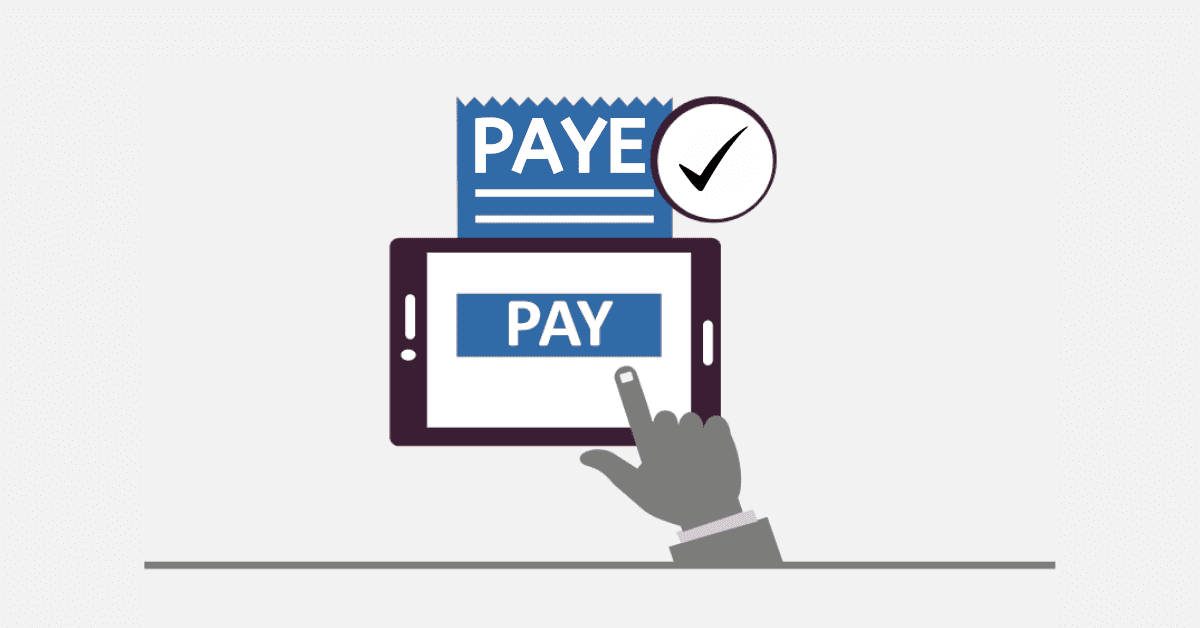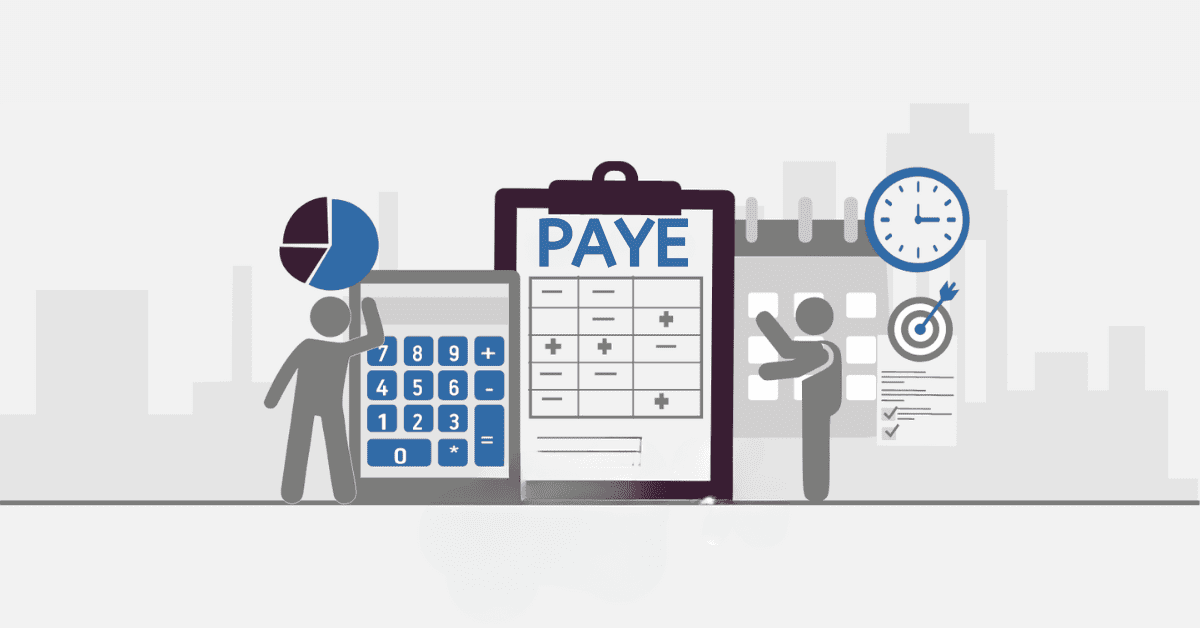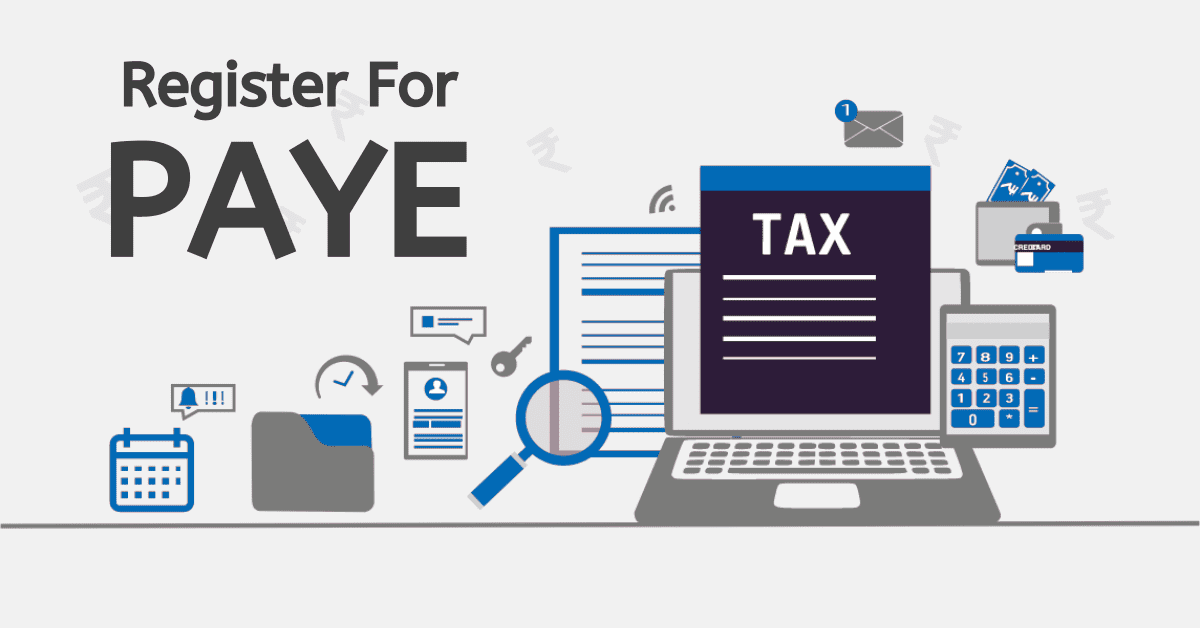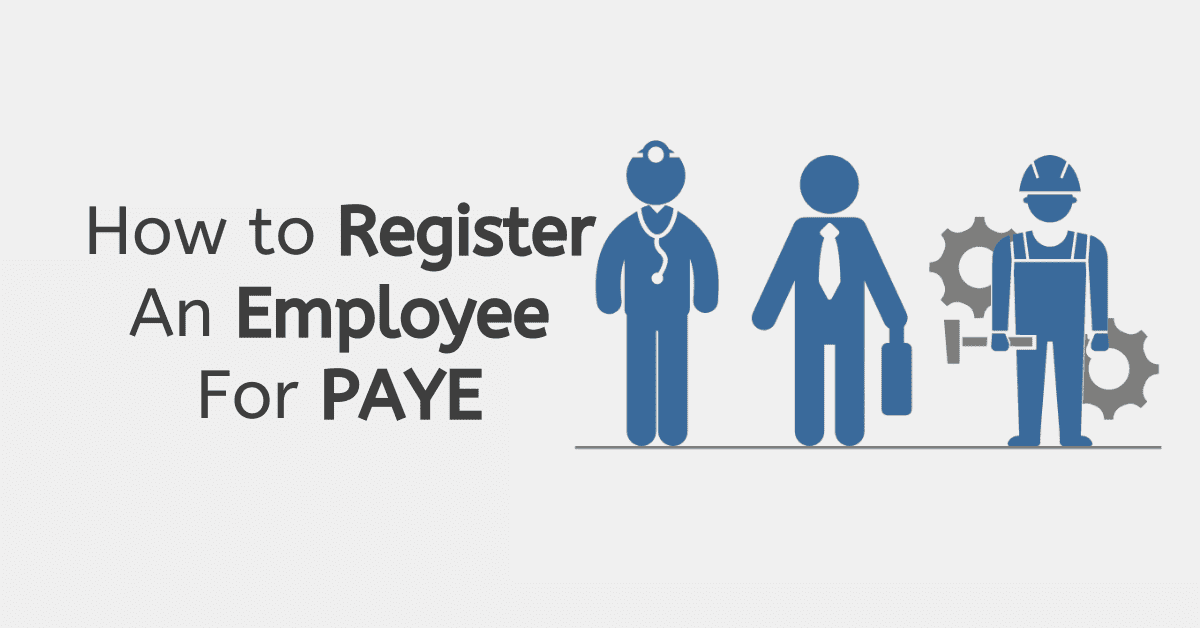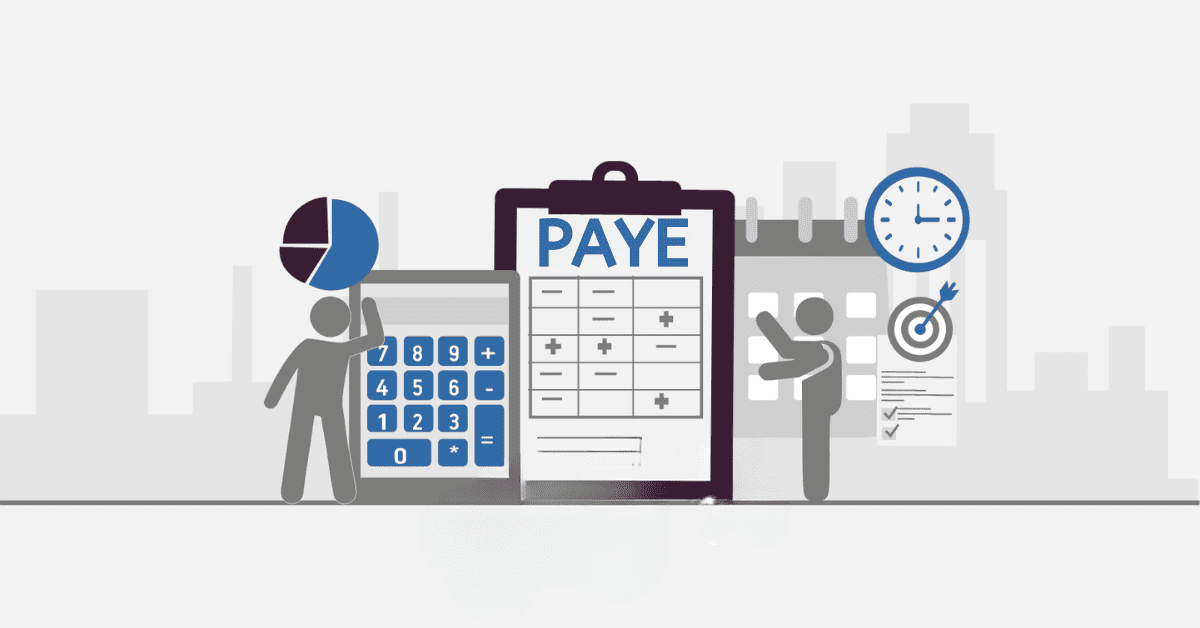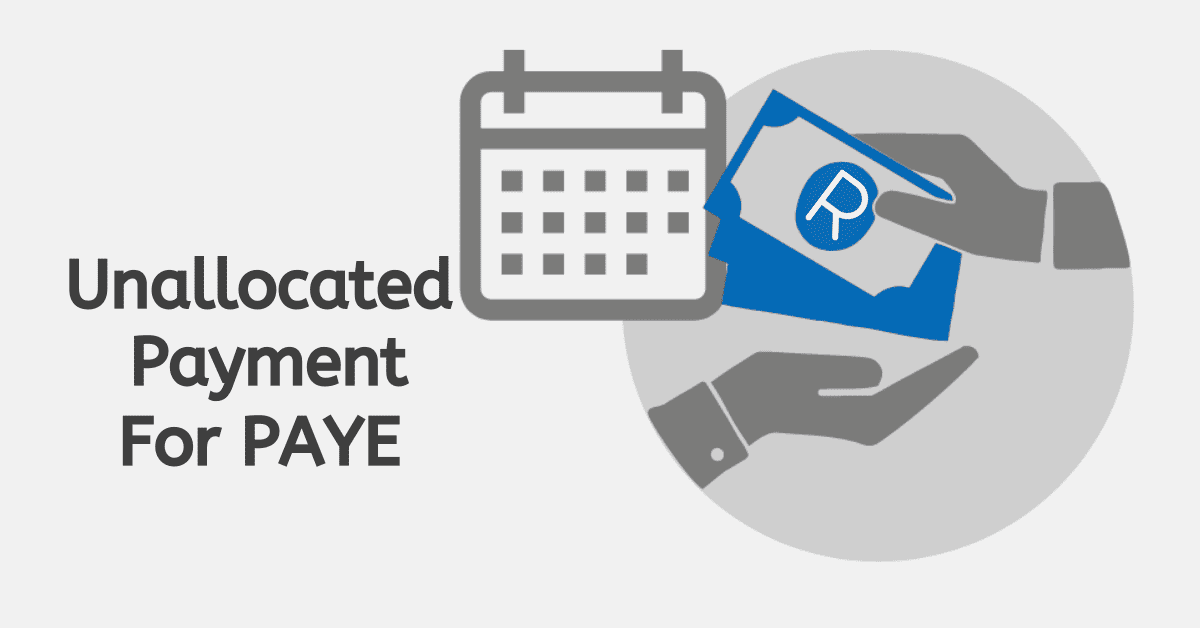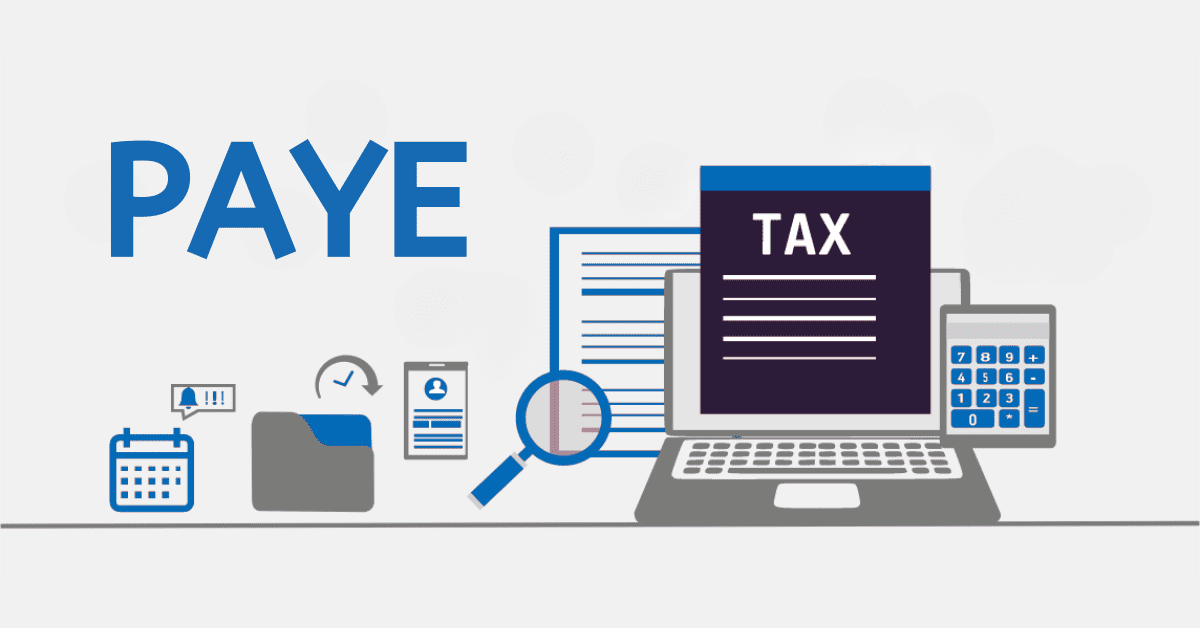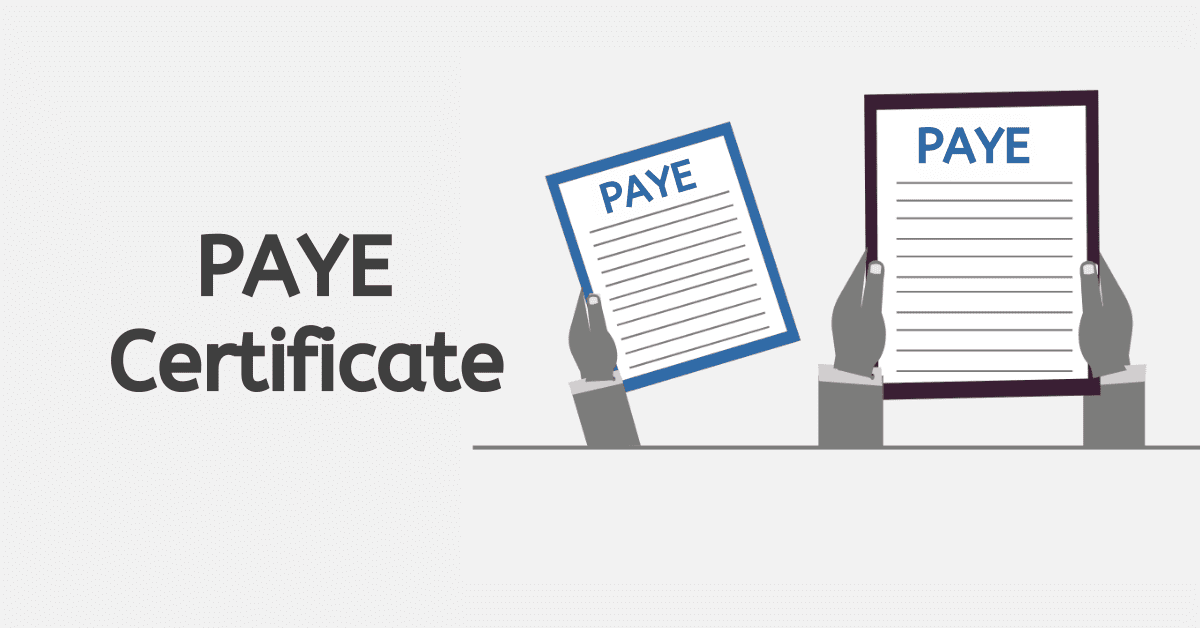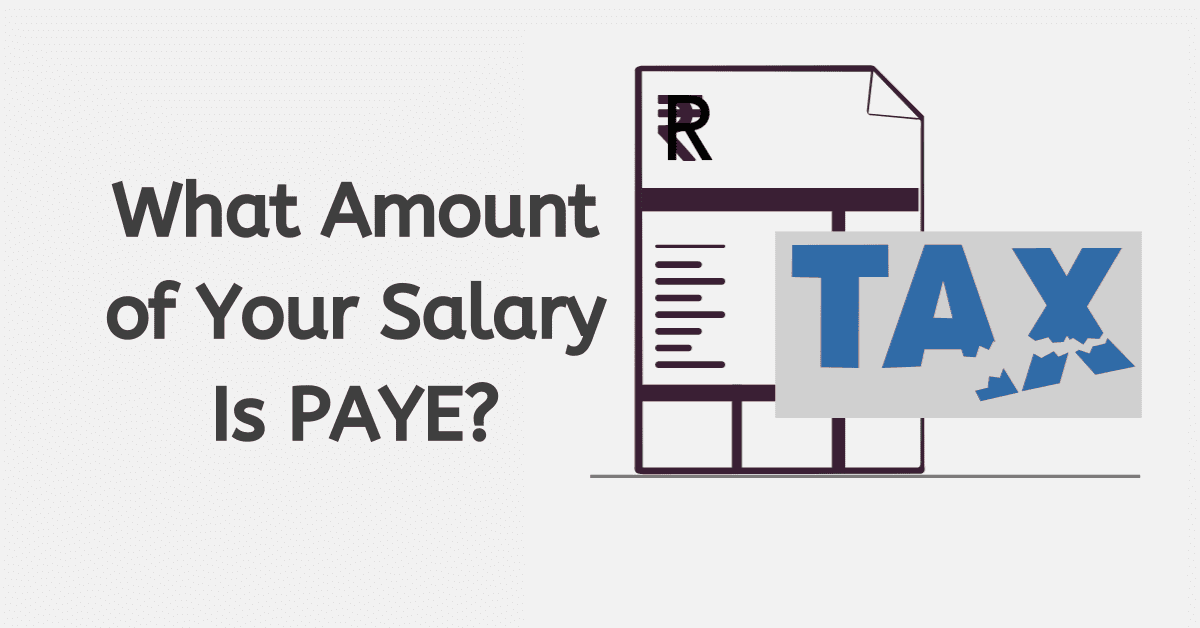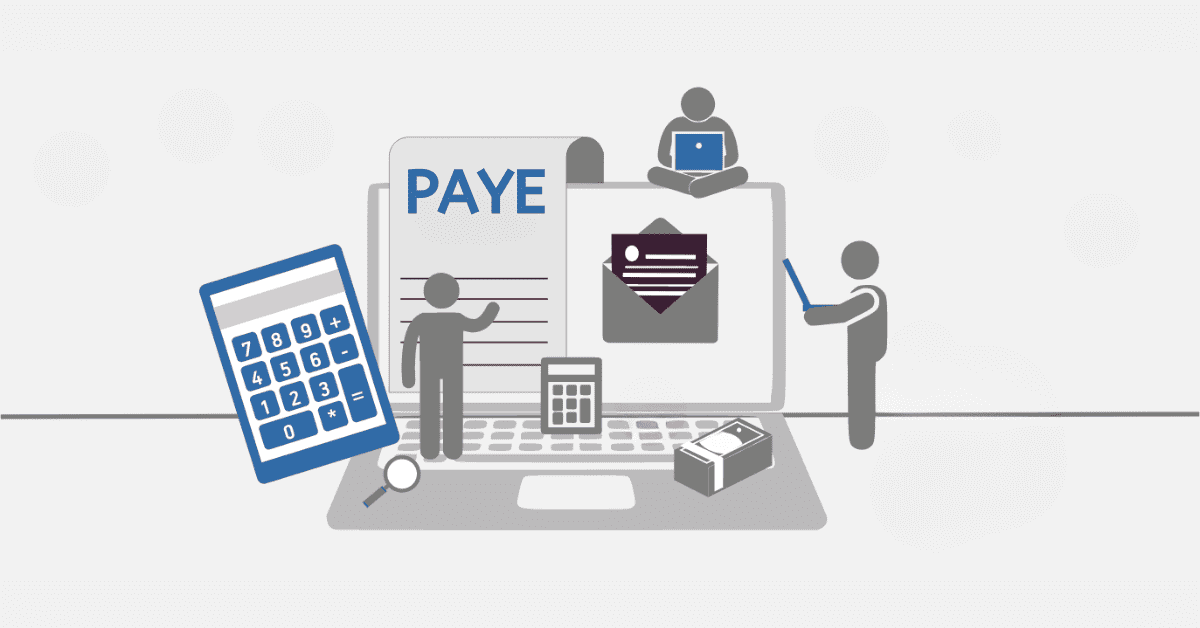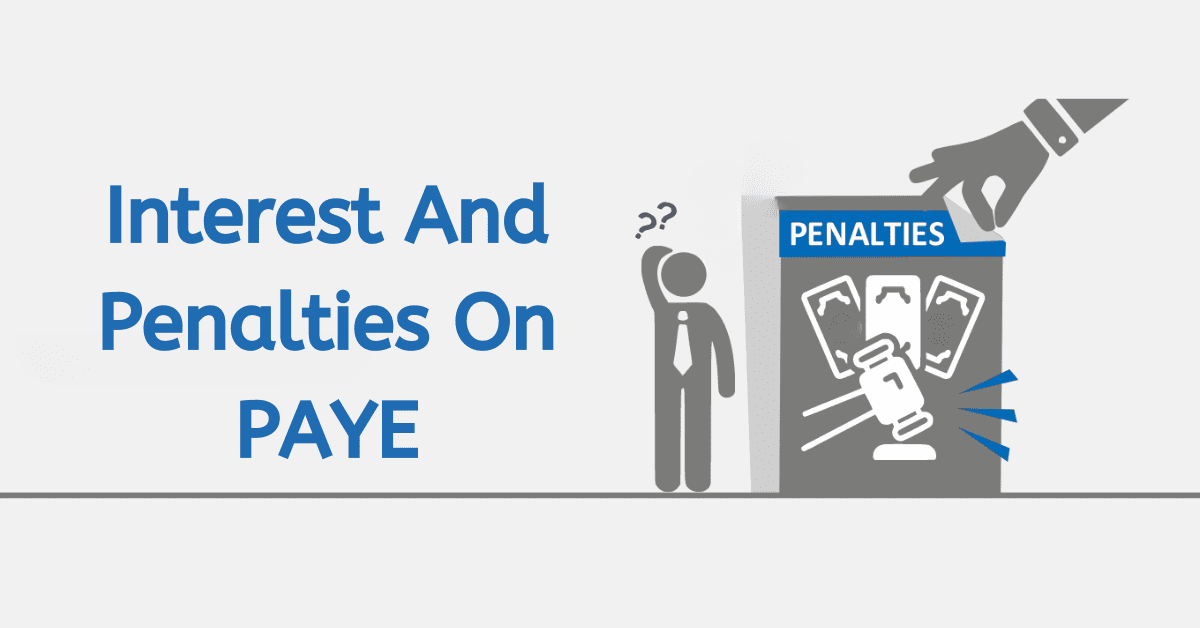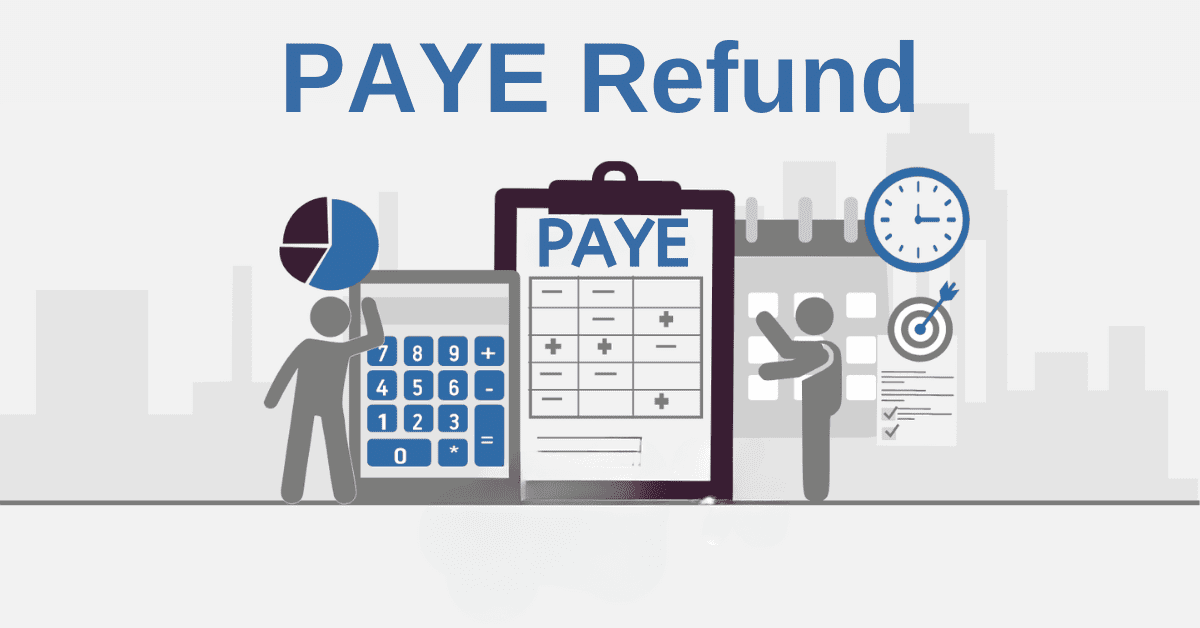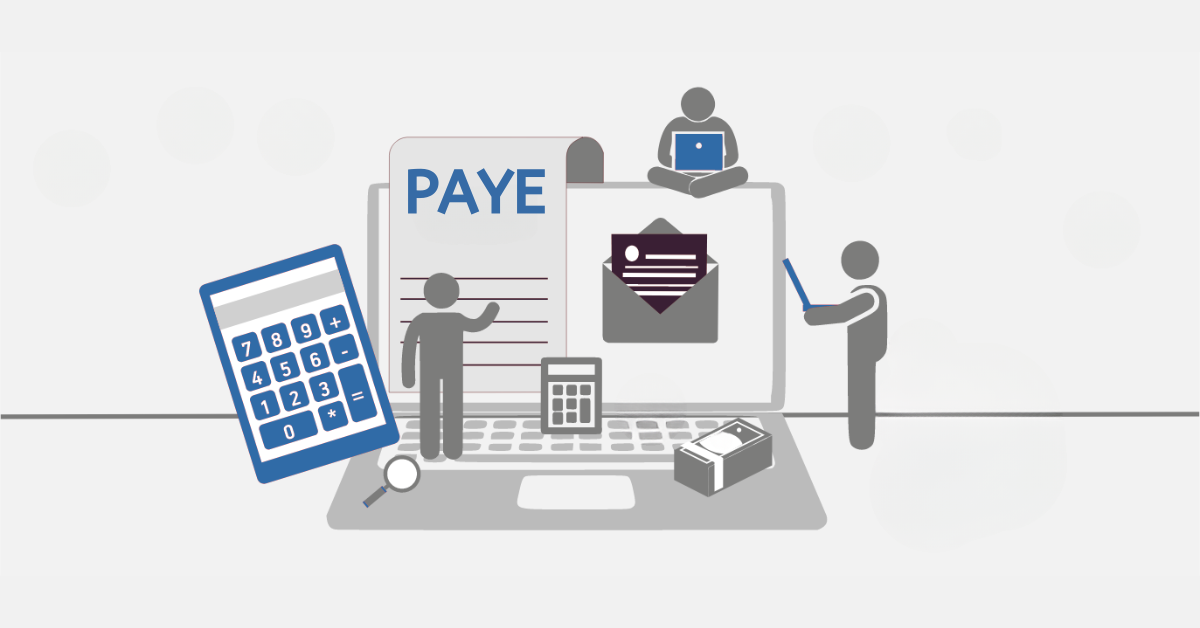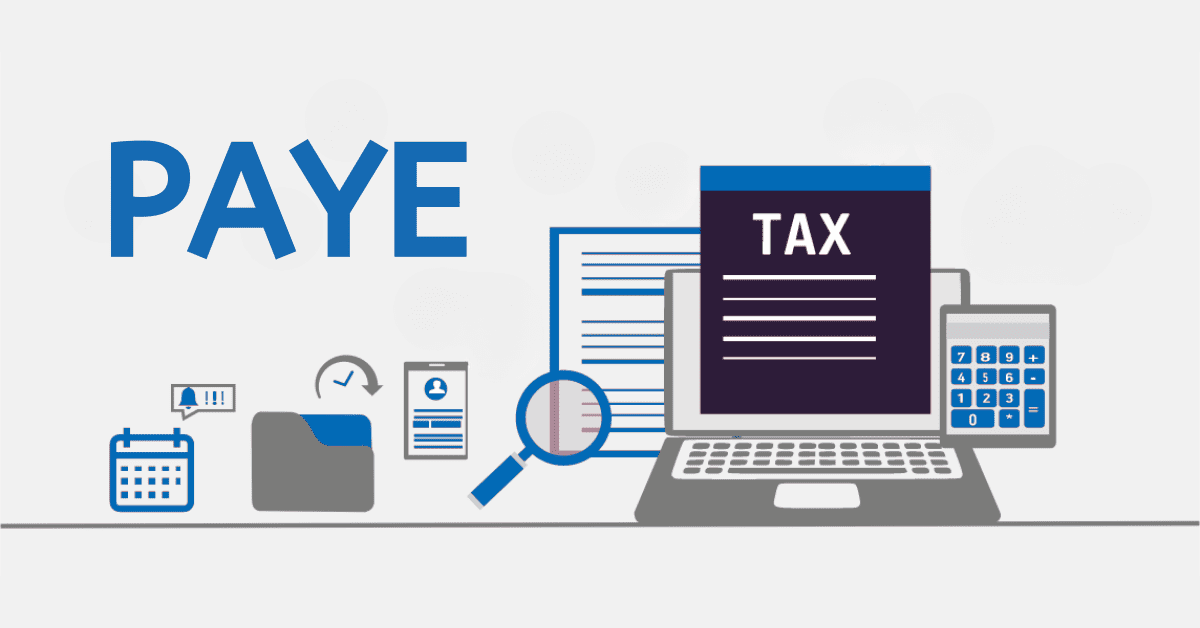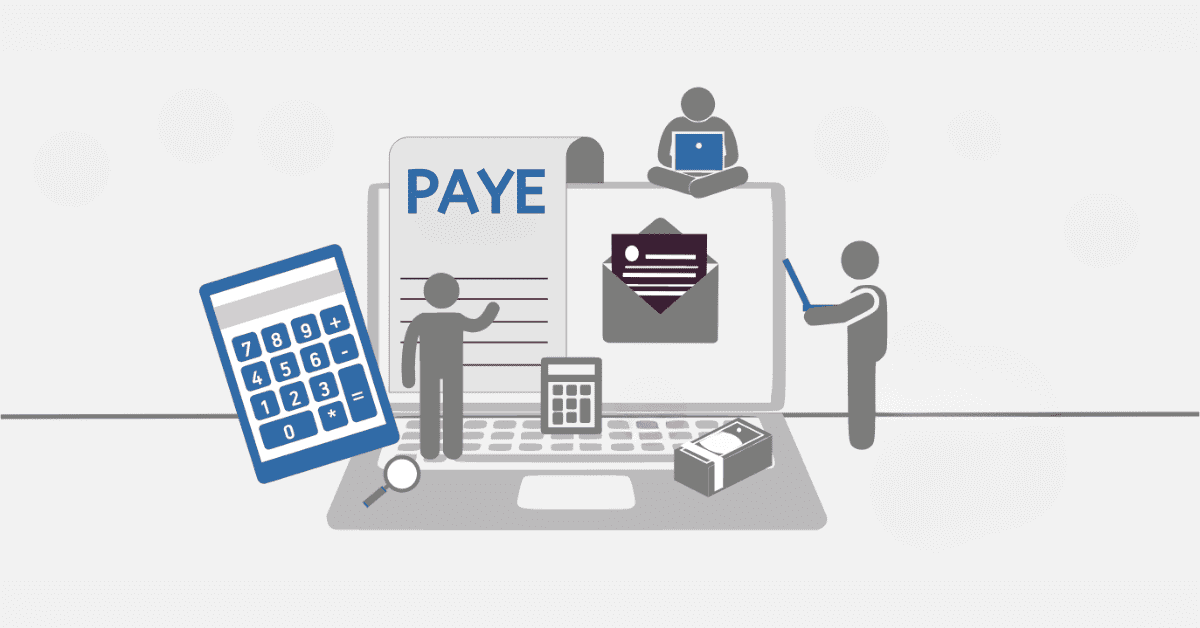While deducting PAYE from your monthly income is your employer’s job, it pays to properly understand (and check) the PAYE being deducted from your pay every month. Remember, your final tax liability will always be your responsibility, even if your employer is deducting PAYE! Today, we break down some basic PAYE concepts to help you better understand PAYE calculations in South Africa.
How Do I Calculate My PAYE In South Africa?
Calculating PAYE in South Africa can be a little complex, as it takes into account all gross taxable earnings. While this includes your basic salary, it also includes things like commission and gratuities, overtime, bonuses, and several other types of income.
Start by determining this gross income- your basic salary, allowances, bonuses, and other taxable benefits. Remember that certain types of income are exempt from PAYE, like certain travel allowances or reimbursements. Additionally, consider any deductible allowances paid by your employer, such as contributions to a retirement fund or medical aid. Subtract these amounts from your gross income to arrive at your taxable income.
You can then compare this monthly taxable income to the SARS tax tables for PAYE. These tables are updated annually, and it’s crucial to use the most recent version for accurate calculations. Once you’ve identified your income bracket, apply the corresponding tax rate to calculate the preliminary tax liability. This gives you an estimate of the PAYE amount due.
It is always smart to remember that PAYE is only an approximation of your tax liability for the year. You will be able to use your income tax return to account for other non-taxable amounts you pay (such as an RA, or non-employer-offered medical aid/additional medical credits), or to get back PAYE overpayments as a tax refund. These can occur, for example, if you leave the employer and do not immediately take up other employment or receive a different salary amount from a new employer.
Is PAYE Calculated On Gross Or Net Salary?
PAYE is calculated based on an individual’s gross salary. Gross salary refers to your total earnings before any deductions. This includes not only your basic salary but also allowances, bonuses, and other taxable benefits. The rationale behind calculating PAYE on gross salary is to ensure that taxes are deducted from the entire income base instead of ‘missing’ certain taxable perks.
This means that it is important for you to be aware of your gross income when assessing your tax liabilities and planning your finances. Don’t make the mistake of focusing only on your net amounts or basic salary, but rather take all taxable factors into account.
What Percentage Is PAYE In South Africa?
The percentage of PAYE you pay will always be individual. This is because we don’t all have the same basic salary, additional taxable perks, or get paid the same rate. The income tax rate (which PAYE is directly tied to) in South Africa starts at 18% for the lowest income earners and moves steadily higher as you progress through the tax brackets. Employers and interested employees can look at the PAYE withholding tables available on the SARS website for an approximation of the PAYE they will pay every month based on the gross income for that month. Remember that PAYE is an approximation of your income tax due that year, paid monthly, and may not exactly correlate with your final income tax bill.
Regarding income tax, it is important to realize that you do not pay one flat rate on all your earnings. Instead, you will pay the initial 18% up to the ceiling of R237,100 per annum. Any amount over that will then be taxed at the next rate (26%) until that ceiling is reached, and so on. The PAYE tables are designed to account for this. But let’s break it down with an example.
If you are earning R250,000 a year, you won’t pay a flat rate of 26% on all your earnings. Instead, you will pay no tax until you reach the so-called tax threshold (currently R91,250). You will then pay 18% on the amount above that and below R237,100 and only pay 26% on the remainder. So it would look like this:
- First R91,250 of earnings: 0% tax
- R145, 850 (R237,100- R91,250): Taxed at 18%
- R12,900 (R250,000- R237,100): Taxed at 26%
What Is The Minimum Salary For PAYE In South Africa?
The minimum salary that attracts PAYE in South Africa is currently R91,250 per annum for the 2025/26 tax year. If it is equally split into 12 payments, this works out at R7,604 a month. Depending on how your employer handles your pay package, thirteenth checks and other payment structures could affect this.
While PAYE, like the wider income tax world, can be complex, understanding how PAYE is calculated and deducted can help you better understand your financial situation and help you stay fully tax-compliant throughout the year.
